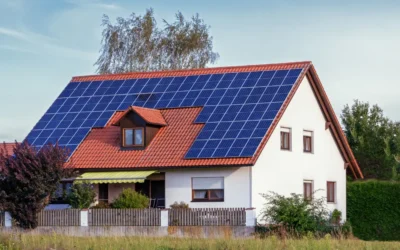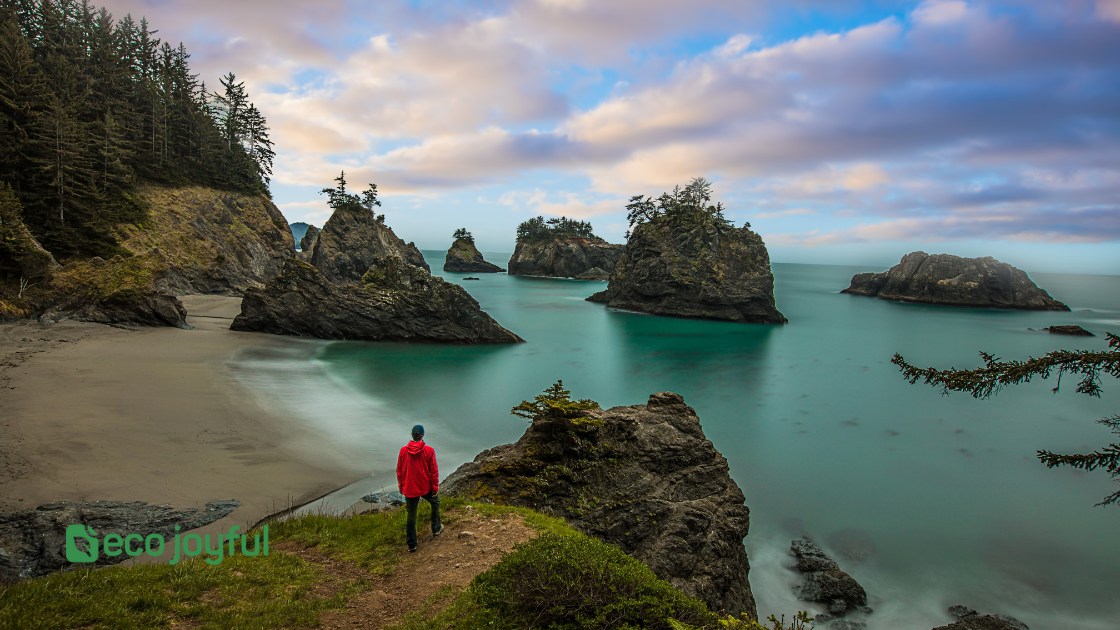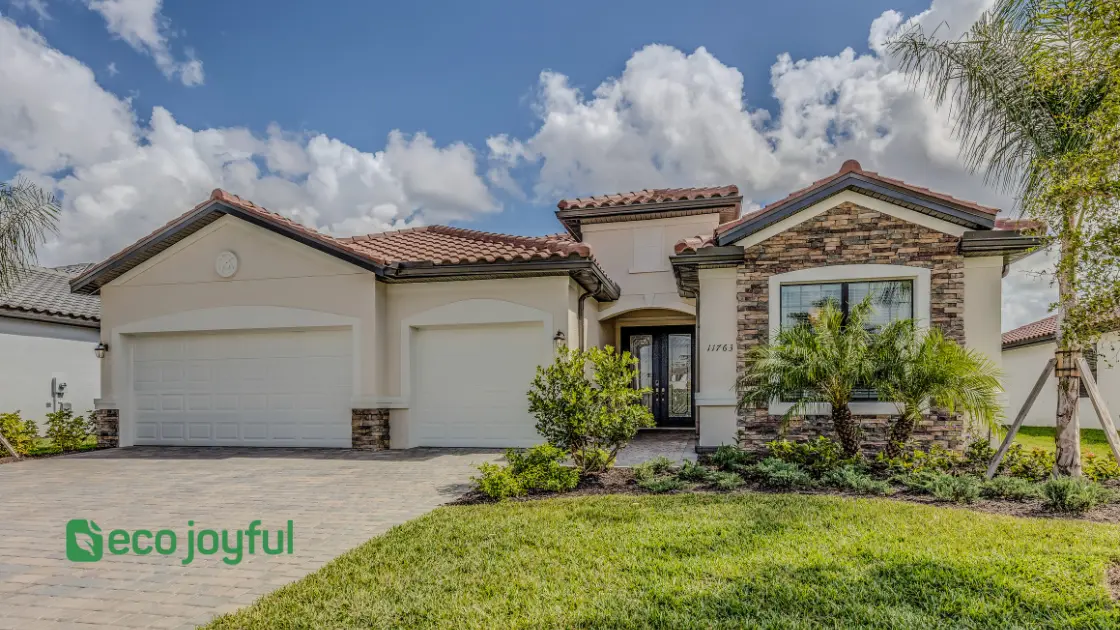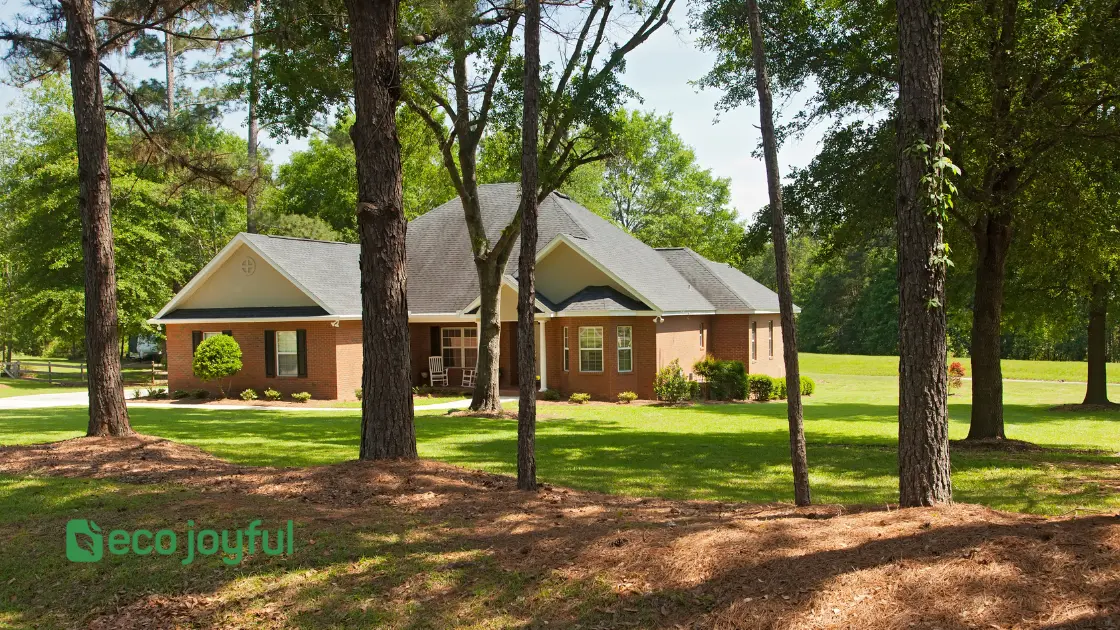Living off the grid in Oregon offers a sustainable lifestyle, allowing individuals to disconnect from traditional power and utility systems. This can be achieved through various methods such as using solar panels, wind turbines, and natural water sources for power and water supply, as well as growing food and practicing composting to meet their basic needs.
Oregon’s vast natural resources and favorable climate make it an ideal location for those seeking an off-grid lifestyle. Moreover, the state also offers communities and resources that support this way of living, making it easier for individuals to establish themselves in a self-sufficient and environmentally friendly manner.
By embracing off-grid living in Oregon, individuals can enjoy the freedom, sustainability, and connection with nature that this lifestyle offers.
Table of Contents
Exploring Off-grid Living
Living off the grid in Oregon offers a unique and adventurous lifestyle that many individuals and families are embracing.
By disconnecting from traditional power grids and relying on renewable energy sources, off-grid living allows individuals to reduce their carbon footprint while gaining a greater sense of self-sufficiency and independence.
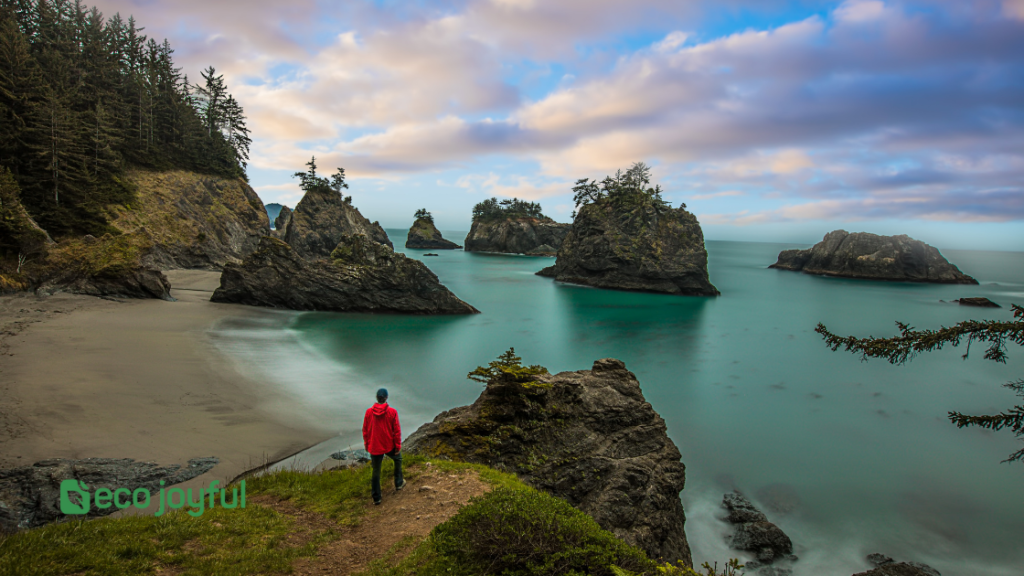
Defining Off-grid Living
Off-grid living refers to a lifestyle where individuals choose to live independently without relying on public utilities such as electricity, water, and gas. In an off-grid setup, individuals generate their power through solar panels or wind turbines, collect and store rainwater, and utilize sustainable methods for heating and cooling, such as wood-burning stoves or passive solar design. This self-reliant approach often involves living in remote locations, away from the hustle and bustle of urban areas.
Benefits Of Off-grid Living
There are numerous benefits to embracing off-grid living in Oregon:
- Environmental Sustainability: Off-grid living reduces reliance on fossil fuels and minimizes environmental impact, making it an eco-conscious choice.
- Energy Independence: By producing their power, off-grid residents are not subject to power outages or fluctuating utility prices.
- Cost Savings: With reduced reliance on public utilities, off-grid individuals can significantly lower their utility bills and save money in the long run.
- Connection to Nature: Living off the grid allows individuals to immerse themselves in the great outdoors, appreciate natural beauty, and enjoy peace.
- Self-Sufficiency: Off-grid living encourages individuals to develop practical skills such as growing food, raising livestock, and, in some cases, producing their goods.
Challenges Of Off-grid Living
While living off the grid offers many advantages, it also presents unique challenges:
- Initial Investment: Setting up an off-grid system requires a significant upfront investment in solar panels, batteries, and other renewable energy infrastructure.
- Resource Management: Off-grid individuals must carefully manage their resources, ensuring they have enough power, water, and food to sustain themselves throughout the year.
- Technological Knowledge: Off-grid living demands a certain level of technical expertise to maintain and repair renewable energy systems and other off-grid infrastructure.
- Isolation: Living in remote areas can result in limited access to amenities, healthcare services, and social connections, and can sometimes be isolating.
- Weather Dependence: Off-grid residents are heavily reliant on weather conditions, as changes in climate and seasons can affect their energy and water supply.
Despite these challenges, many individuals are drawn to the freedom and sustainability offered by off-grid living in Oregon. By carefully considering the benefits and challenges, individuals can make an informed decision about whether this lifestyle is right for them.
Choosing Oregon As An Off-grid Destination
When it comes to off-grid living, Oregon stands out as a prime destination. With its abundance of natural resources and supportive off-grid communities, the state offers an ideal setting for those seeking an independent and sustainable lifestyle. Let’s take a closer look at why Oregon is suitable for off-grid living.
Why Oregon Is Suitable For Off-grid Living
Oregon possesses a variety of characteristics that make it a perfect choice for those looking to live off the grid. The following reasons highlight Oregon’s appeal as an off-grid destination:
Abundance Of Natural Resources
One of Oregon’s primary attractions of living off the grid is the state’s abundance of natural resources. From its vast forests to its pristine rivers and lakes, Oregon provides a wealth of resources that can be harnessed to support off-grid living.
Whether it’s using wood as a renewable energy source for heating or harnessing solar power with the state’s ample sunshine, Oregon offers a multitude of options for sustainable living.
Furthermore, the state’s fertile soil and temperate climate make it an ideal location for growing your food and creating a self-sufficient lifestyle.
Supportive Off-grid Communities
Another reason why Oregon is a suitable off-grid destination is the presence of supportive off-grid communities.
Oregon is home to a vibrant and thriving community of like-minded individuals who embrace an off-grid lifestyle. These communities provide valuable resources, support, and knowledge-sharing opportunities for those looking to embark on their off-grid journey.
Whether it’s learning about alternative energy sources or exchanging tips on sustainable farming practices, the supportive network in Oregon fosters a sense of camaraderie and collaboration.
Living amongst such communities can be a great source of inspiration and motivation, making the transition to off-grid living an easier and more fulfilling experience.
In conclusion, Oregon is an excellent choice for those seeking an off-grid lifestyle. Its abundance of natural resources and supportive off-grid communities offer a unique opportunity to live independently and sustainably.
With its stunning landscapes and a strong sense of community, Oregon truly stands out as a remarkable off-grid destination.
Essential Considerations And Practical Tips For Off-grid Living In Oregon
Living off the grid in Oregon offers a unique and eco-friendly way of life. With its stunning natural beauty and vast wilderness, this state provides the perfect backdrop for those seeking self-sufficiency.
However, embarking on an off-grid lifestyle requires careful planning and consideration to ensure success. In this article, we will explore essential considerations and practical tips for off-grid living in Oregon, ranging from accessing water and generating renewable energy to managing waste and creating sustainable food sources.
Additionally, we will discuss the legal and regulatory requirements that must be navigated to ensure compliance. Let’s dive in!
Access To Water And Securing A Reliable Supply
When it comes to living off the grid, access to water is vital. In Oregon, there are various options to secure a reliable supply.
Generating Renewable Energy
Generating your energy is a critical aspect of off-grid living. In Oregon, the abundant natural resources make it an ideal location for renewable energy sources such as solar power, wind turbines, and micro-hydro systems.
Managing Waste And Recycling
Proper waste management and recycling are essential components of an off-grid lifestyle. In Oregon, it is important to establish efficient systems for waste disposal, composting, and recycling, considering the impact on the environment and complying with local regulations.
Creating Sustainable Food Sources
In an off-grid lifestyle, growing your food is not only rewarding but also crucial for sustainability. In Oregon, the fertile soil and favorable climate offer ample opportunities for creating sustainable food sources through organic gardening, permaculture, and aquaponics systems.
Navigating Legal And Regulatory Requirements
When embracing off-grid living in Oregon, it is vital to navigate the legal and regulatory landscape. This includes understanding zoning laws, permit requirements, and potential building codes that can impact the construction of your off-grid home or the utilization of alternative energy systems.
Living off the grid in Oregon is a venture that requires careful consideration and planning. By addressing essential considerations such as access to water, generating renewable energy, managing waste and recycling, creating sustainable food sources, and navigating legal requirements, you can embark on a successful and fulfilling off-grid lifestyle. Stay tuned for more practical tips in our upcoming articles!
Conclusion
Living off the grid in Oregon offers a unique and rewarding lifestyle, allowing individuals to disconnect from the chaos of modern society and reconnect with nature.
With its abundant natural resources, stunning landscapes, and welcoming communities, Oregon provides the perfect setting for those seeking self-sufficiency and sustainability.
From generating your power to growing your food, living off the grid empowers individuals to live more sustainably and make a positive impact on the environment. Discover the freedom, peace, and fulfillment that comes with embracing off-grid living in Oregon.




